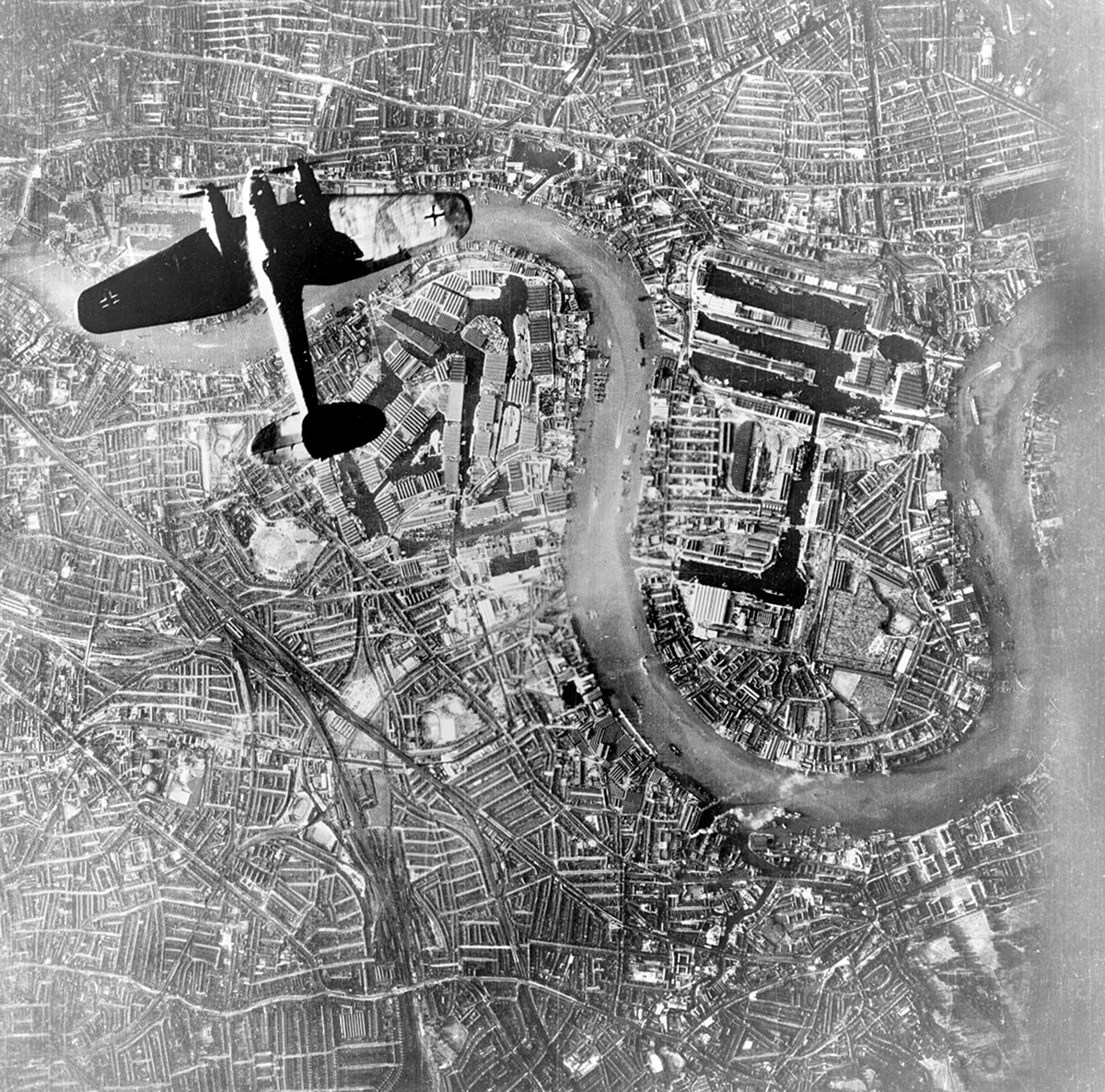Και μία τελευταία αναφορά για τους λάτρεις της wiki.
Όπου η "βέβαιη καταστροφή" της RAF δε δείχνει και τόσο βέβαιη.
Richard Evans writes:
Irrespective of whether Hitler was really set on this course, he simply lacked the resources to establish the air superiority that was the sine qua non [prerequisite] of a successful crossing of the English Channel. A third of the initial strength of the German air force, the Luftwaffe, had been lost in the western campaign in the spring. The Germans lacked the trained pilots, the effective fighter aircraft, and the heavy bombers that would have been needed.[284][nb 22]
The Germans launched some spectacular attacks against important British industries, but they could not destroy the British industrial potential, and made little systematic effort to do so. Hindsight does not disguise the fact the threat to Fighter Command was very real, and for the participants it seemed as if there was a narrow margin between victory and defeat. Nevertheless, even if the German attacks on the 11 Group airfields which guarded southeast England and the approaches to London had continued, the RAF could have withdrawn to the Midlands out of German fighter range and continued the battle from there.[286] The victory was as much psychological as physical. Writes Alfred Price:
The truth of the matter, borne out by the events of 18 August is more prosaic: neither by attacking the airfields nor by attacking London, was the Luftwaffe likely to destroy Fighter Command. Given the size of the British fighter force and the general high quality of its equipment, training and morale, the Luftwaffe could have achieved no more than a Pyrrhic victory. During the action on 18 August, it had cost the Luftwaffe five trained aircrew killed, wounded or taken prisoner, for each British fighter pilot killed or wounded; the ratio was similar on other days in the battle. And this ratio of 5:1 was very close to that between the number of German aircrew involved in the battle and those in Fighter Command. In other words, the two sides were suffering almost the same losses in trained aircrew, in proportion to their overall strengths. In the Battle of Britain, for the first time during the Second World War, the German war machine had set itself a major task which it patently failed to achieve, and so demonstrated that it was not invincible. In stiffening the resolve of those determined to resist Hitler the battle was an important turning point in the conflict.[287]







